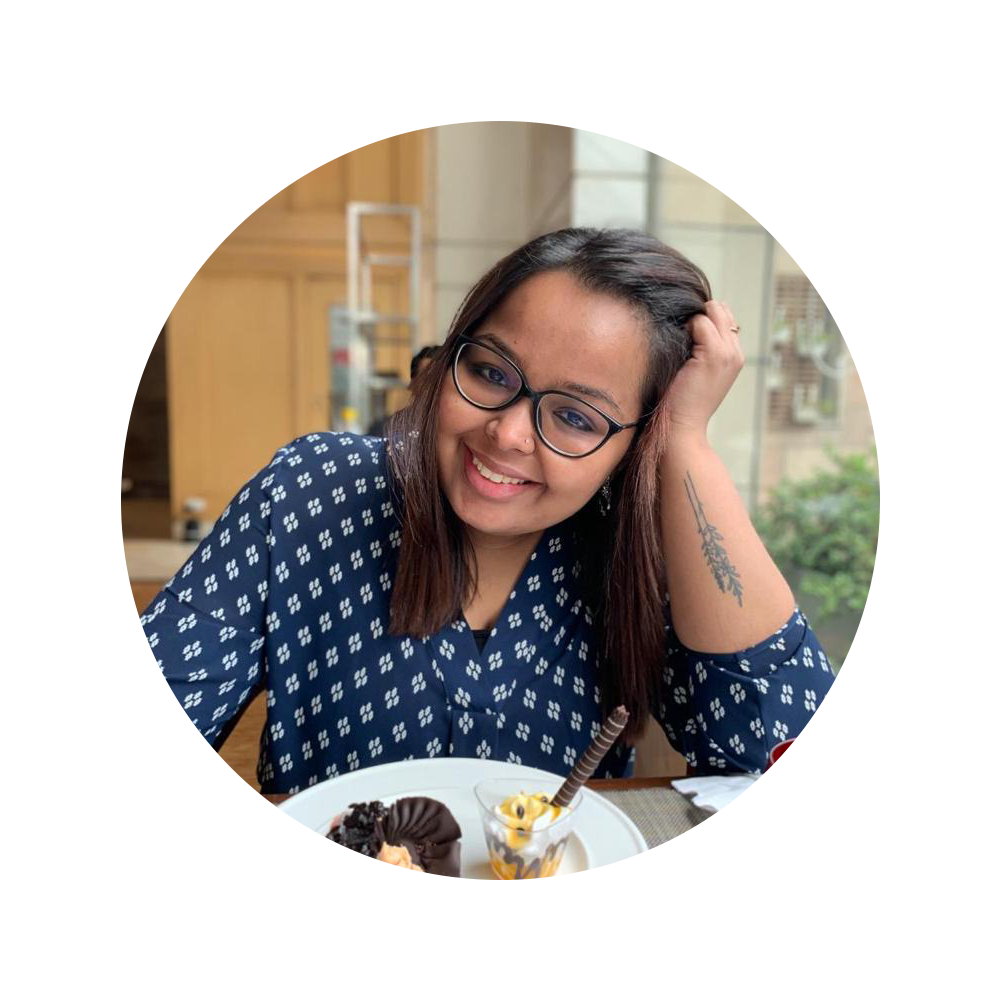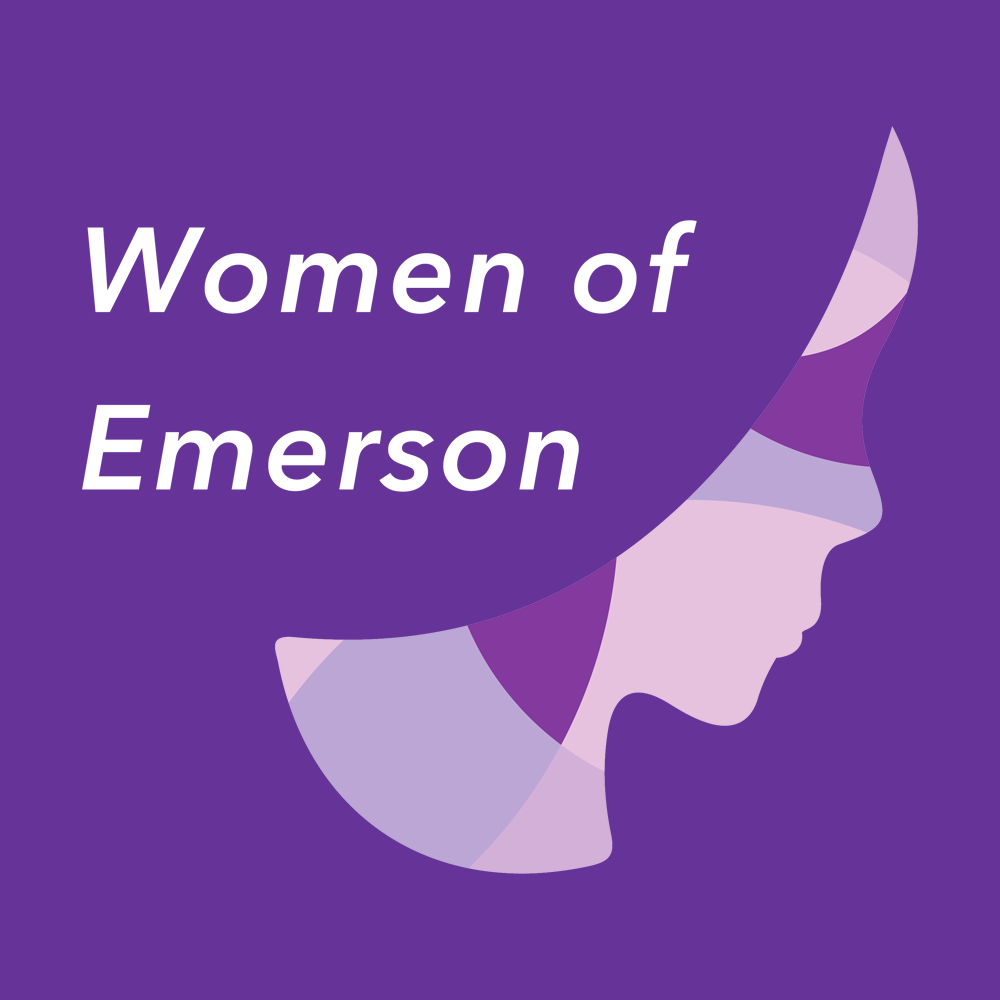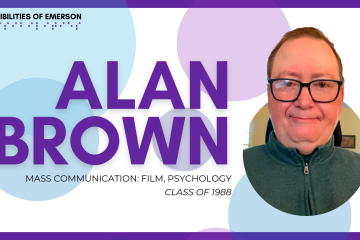Nishtha Yadav is a 2020-21 Princeton in Africa Fellow with Foundation for Community Development and Empowerment (FCDE) in Uganda. She was also the 2020 Social Entrepreneurship Fellow with ProFellow, a U.S. based social enterprise, where she learnt about the mechanics of building and sustaining a social enterprise.
A former journalist, Nishtha worked with one of the largest English newspapers in India. During this time, she reported on education, politics and LGBTQ+ rights. She also has experience in community engagement, building a grassroots movement, creating communication strategies for non-profits and storytelling.
Nishtha graduated from Emerson College with an M.A. in Communication Management with a specialization in political communication in 2018. Additionally, holds an undergraduate degree in Journalism from Wilson College, University of Mumbai, India and a Post Graduate Diploma in Journalism from Asian College of Journalism, Chennai, India.

What are the things that drive or motivate you the most in your work?
“As a Princeton in Africa Fellow, I have been fortunate enough to be placed with the Foundation for Community Development and Empowerment (FCDE) based in Kasese and Rukungiri, Uganda. Along with building local capacity to lead community change in East Africa, FCDE supports over 50 grassroots organizations by providing small grants, access to technology, workspace, networking and funding opportunities, and by creating personalized training and workshops, etc.
The dedication of my colleagues to the vision and mission of the organization has been inspiring to see. COVID-19 presented the international development community with a lot of challenges, but my colleagues sprung into action at the right time and were able to create a plan of action to support all of our grassroots partners. Our work did not stop.
Another aspect of work that truly motivates me is the resilience, courage and purpose of our phenomenal grassroots partners. Our partners work in six sectors of community development — agriculture, energy and environment, health, livelihoods, social justice, women’s empowerment, and youth and education. Our partners are mostly small organizations working in a district or a couple of villages, yet with their sheer determination and hard work, they have been able to create a monumental impact on their communities and change lives. Their energy and passion are infectious!
I’m driven by the trust and confidence placed by my supervisors and colleagues. In just a short span of time, I have had the opportunity to lead projects at work and conduct professional development workshops for my colleagues. This has not only enhanced my leadership and project management skills but has served as a reminder that I have a lot to offer at the workplace. Faith by supervisors in employees always goes a long way!”
“Self-care” was the HUGE buzzword for 2020, especially for those, many of whom were women, that were disproportionately impacted by Covid-19. What do you think self-care will mean for you in 2021?
“Self-care in 2021 would entail saying no. I can only speak for myself but often I don’t say no because either I worry about being disliked or feel that it would upset the other person. I believe it’s time for me to create healthy professional and personal boundaries and saying no is a big part of it. This includes saying no to working on your day-offs, saying no to taking on job responsibilities of your colleagues, saying no to a friend who only thinks about themselves and so on. This does not mean that you aren’t accommodating to other people’s requests, but that you also actively look out for yourself, your interests and your well-being.
Saying no is a part of extending kindness towards myself. If a friend was working themselves to the bone, I would ask them to stand up for themselves at work, so it’s time that I take the same advice that I offer others.
Further, like a lot of people, my life revolves heavily around my professional and work goals. So at times, I forget to take breaks and ignore the signs of burnout. I want to listen to the cues from my mind and body and allow myself to take breaks to relax and rejuvenate. I no longer want to neglect my mental, physical and emotional health.”
We have a Madam VP now! Do we still need Women’s History Month?!
“Yes, we do! Vice President Kamala Harris has certainly shattered the glass ceiling, but the work of women before her and the ones that’ll come after her needs to be remembered and commemorated. For instance, we need to remember the women responsible for the first wave of feminism, Shirley Chisholm, Kalpana Chawla (the first woman of Indian origin to go to space), founders of the Black Lives Matter movement, among other incredible women leaders, but at the same time, we need to document and celebrate the ongoing contributions of women activists across the world so that they can inspire the next generation of change agents.
Not to mention that there is still pay inequality, gender bias and workplace harassment that women encounter on a regular basis. I was once asked in an interview if I plan to get married and have children as if my personal life would impact my work ethic and dedication to the job. Our male counterparts are never asked such intrusive questions that violate personal and professional boundaries. In addition, women of color are paid less than white men and white women. This month gives an opportunity to contemplate how and why such inequalities still exist when women have continued to excel and inspire emerging leaders and find ways to support them in the workplace. Even though these conversations should be happening around the year, but a commemorative month may nudge organizations to engage and reflect at a deeper level.
March reminds us of how much women have accomplished and how far we still need to go. Personally, I feel this month is a celebration of women who paved the way for us but were never recognized or sought recognition. Let’s draw strength from their courage and try to create an impact on the community in our own way!”
There is so much content out there. What career advice for women have you heard/read/listened to that you really valued?
“I have had the opportunity to work with a few women leaders who showed confidence in my abilities and offered their wisdom and mentorship. These leaders, unknowingly, gave me great advice for professional development — offer your insights, support and expertise to the next person. It could be an intern, a student worker or a junior employee. Pay it forward. It not only enhances your leadership skills but also creates a sisterhood among women where we all support each other’s professional and personal ambitions.
Every time I would interview for a position my former supervisor (shoutout to Suzanne Hinton who has been a wonderful mentor!) would say, “Remember you’re the prize.” This is because I would feel grateful yet inadequate whenever I was invited for an interview. I would forget that I received a call back because of my skills, qualifications and experience. Suzanne reminded me that while I should be thankful for the opportunity, the organization should also be appreciative that I chose to work with them. I think of this line every time I enter a job interview or an important meeting and I feel slightly more confident walking into the room (or Zoom meeting!).
Perhaps, the most important career advice is probably a combination of advice I have received over the years — you cannot create a career you love if your voice is muzzled or not heard. We all have something important to say — at community meetings, at our workplace, in our relationships — and we deserve to be heard. Madeleine Albright said it best, “It took me quite a long time to develop a voice, and now that I have it, I am not going to be silent.”
So if an employer does not value or respect our opinion, then maybe we need to find a workplace that is inclusive, diverse (women led, people of color-led organizations, etc.), and equitable.”
What role did Emerson play in preparing you for your career?
“I remember watching a sitcom where the male protagonist made fun of someone who got a degree in Communications. “Jack of all trades, master of none” — this is the general perception of a Communications degree. So I was a little worried when I graduated with my Master’s degree. But, my degree at Emerson actually prepared me to take on any jobs related to communications in any sector. For instance, after graduation, I worked at a non-profit, a research department in a university, a financial institution and now I work in international development. In short, I have been able to implement the skills and knowledge I gained from my graduate program to all my jobs effectively and efficiently.
At my present employment, I lead and conduct workshops around communications for my colleagues — many of the workshops are based on the concepts that were introduced by my professors or the skills I inherited through a project or a paper.
Further, my on-campus jobs specifically with my professors at the Department of Communications and the Elma Lewis Center were helpful in determining what’s next for me. These jobs made me realize that I had a passion for research, storytelling, community development and civic engagement. These supervisors have now taken on mentorship roles and I often reach out to them for career advice.”



